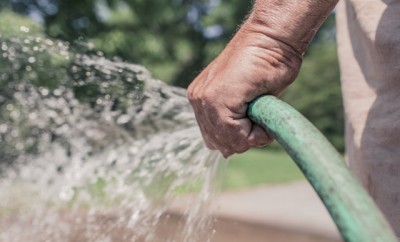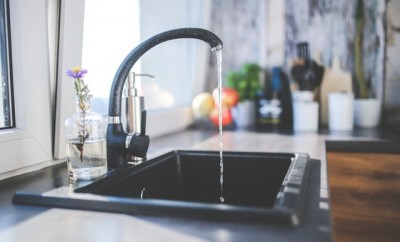Cultures
The Soap We Use Is Ruining The Great Lakes

By: Loco Steve
From Navy Pier in Chicago looking out upon the astounding size of Lake Michigan, it is hard to believe something so small as a microbead could harm Lake Michigan, the rest of the Great Lakes, and the ocean. But Jennifer Caddick of the Alliance for the Great Lakes recently revealed that the hardly-visible microbeads are a great danger to these water sources. Microbeads are tiny bits of plastic that are used in exfoliators, soaps, face washes, and more to act as a scrubbing component. You may not think twice when buying these common products, but the little beads slip through most water treatment systems and end up in oceans and lakes alike.
Plastic pollution is already bad enough in our water sources, but when microbeads are added into the mix we have a much greater issue. Unlike larger pieces of plastic, microbeads are the size of fish eggs which makes them look like food. This means toxic plastic is making it into wildlife and eventually into our food and bodies. The Great Lakes contain more than 20 percent of the world’s freshwater, so if they are being heavily concentrated with microbeads, we have a serious environmental and health problem.
After testing was done in Lake Michigan, the results showed 17,000 bits of tiny plastic items per square kilometer. Microbead levels were much lower in Lake Huron and Lake superior, but far greater in Lake Erie and Lake Ontario. Lake Ontario ranked highest in microbead levels with 1.1 million plastic particles per square kilometer.
To combat this issue, Illinois and New York state lawmakers approved legislation banning microbeads. The Illinois bill passed the state Senate, and in New York, the legislation has passed in the House. Manufacturing microbeads should be done by 2017 in Illinois, and if pending legislation in New York is signed into law, manufacturers will have until December 2015 to phase out microbeads.
Aside from the devastating effect microbeads have on the environment and our health, the sound of scrubbing plastic all over our face and bodies doesn’t sound too appealing. Avoid soaps that contain polyethylene or polypropylene, which warn of plastic. Many companies are swapping microbeads for replacements like apricot seeds or cocoa. As the common saying goes, it is better to put something on your skin that you’d also be willing to put in your mouth.





0 comments